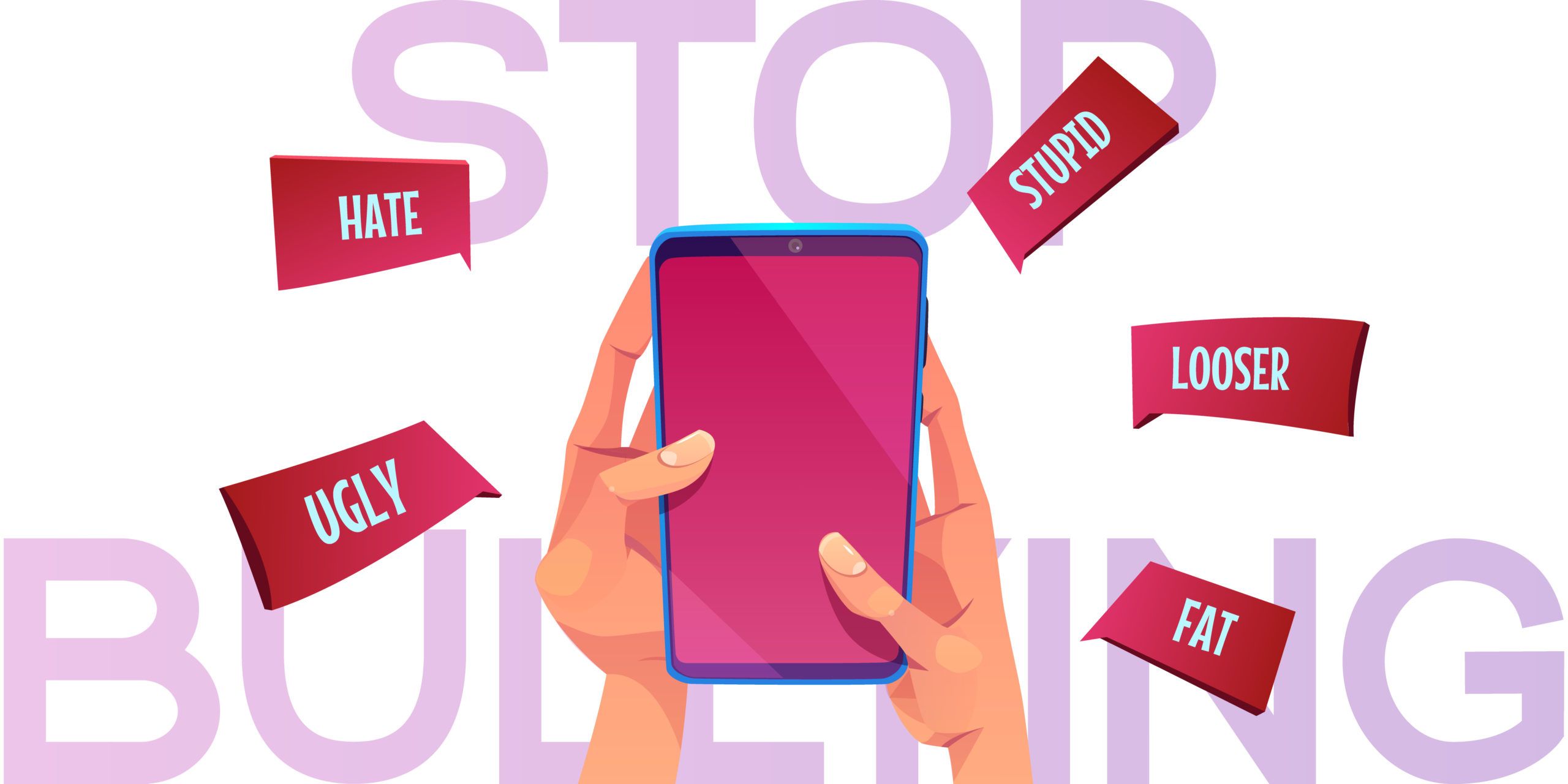
Welcome
“Only through learning about cyberbullying and how to identify it,
can we stop cyberbullying quickly and consistently”
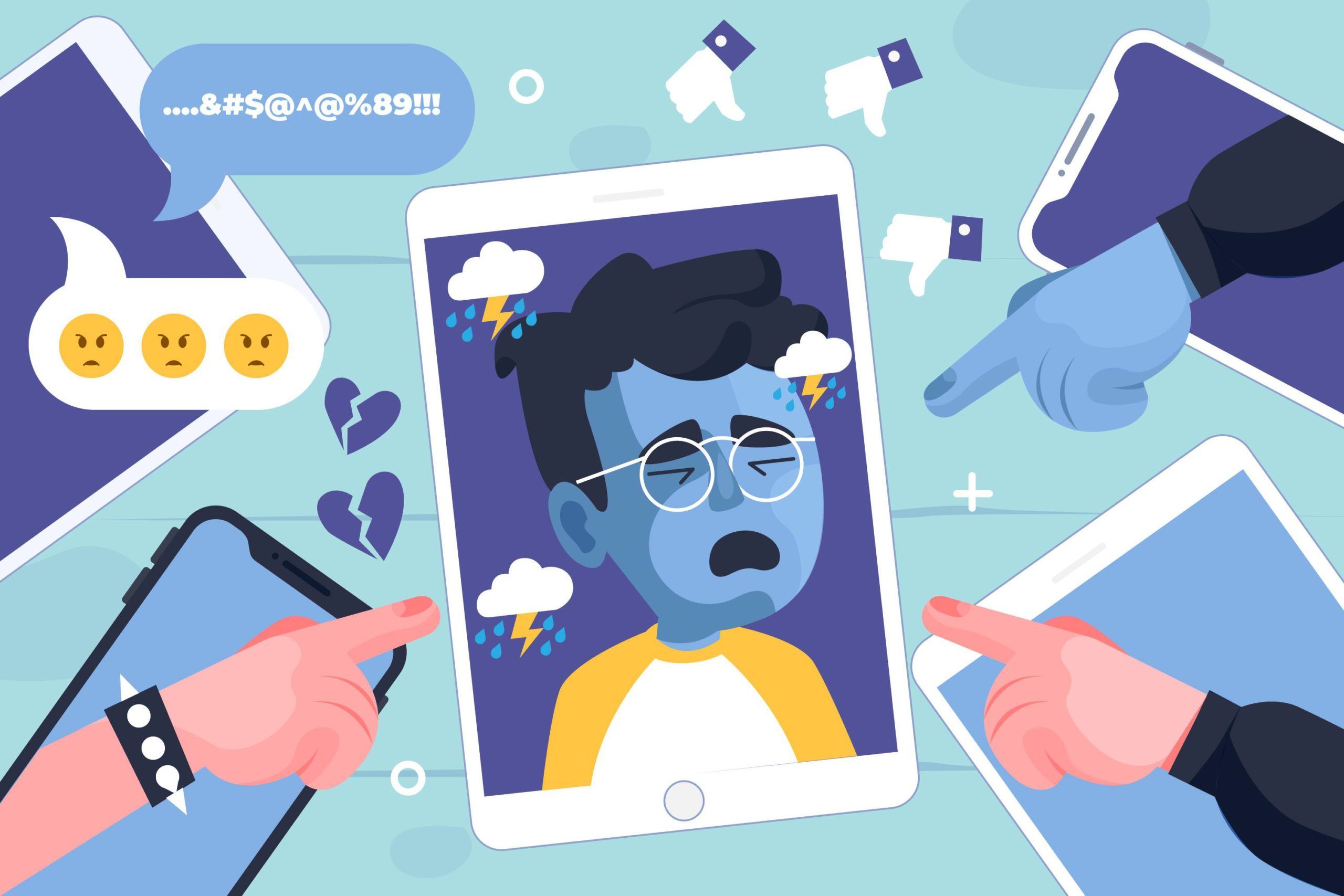
Cyberbullying is bullying which takes place over digital devices.
This form of bullying can occur through text messages as well as online forums where people can view, participate in as well as share content.
The most common places where cyberbullying occurs are through emails, online gaming communities, social media, text messaging and messaging apps on mobile or tablet devices as well as through online chatting over the internet.
Cyberbullies use digital devices to harass, threaten or humiliate you by posting personal information about you online. Cyber bullies do not have faces nor names, they do require physical power not strength in numbers and hide behind anonymity.
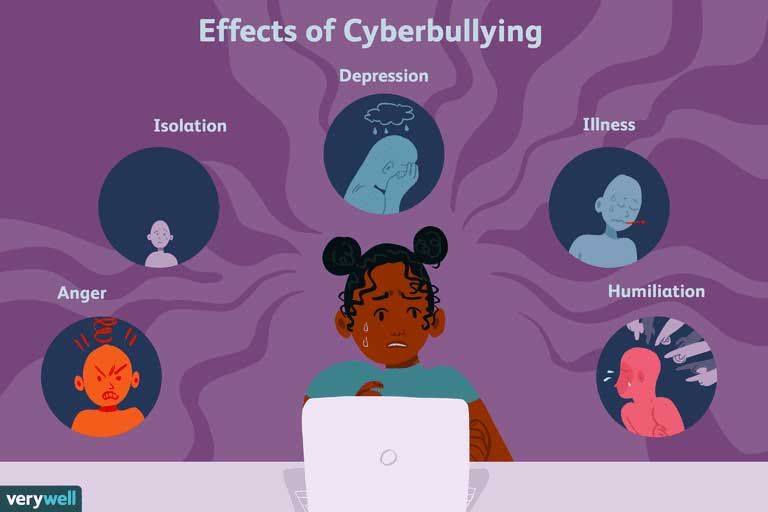
What are the effects of being cyberbullied?
Persons being cyberbullied may feel hurt, angry, afraid, hopeless, isolated as well as guilty and ashamed because they feel that the bullying is somehow their fault.

Cyberbullying can be addressed positively to lessen the negative outcomes that could result.
Only when we understand the forms in which cyberbullying takes places, can we easily recognize and take the necessary action required.
Some tactics used by cyberbullies include:
- Creating a hateful or mean website about someone.
- Pretending to be someone else online for purposes of soliciting personal or false information from someone else.
- Posting mean and hurtful pictures or videos.
- Posting comments or rumors about someone online that are mean, embarrassing, hurtful or threatening.
- Posting mean and hateful comments, names or content about the race, ethnicity or religion of someone.
- By sharing nude photos of someone or threatening someone that such nude photos will be shared.
- Posting lies and false accusations of someone else.
- Posting negative or making fun of someone economically challenged.
- Posting comments that someone should kill themselves.
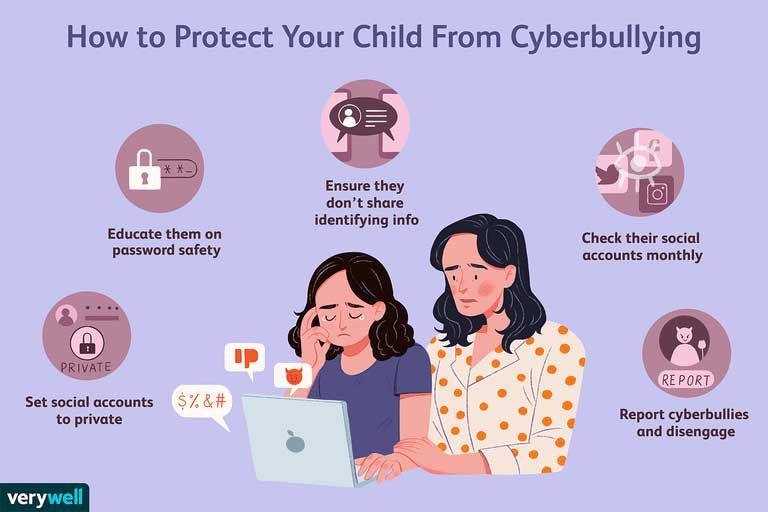
Preventing cyberbullying can only be done if the entire community works together in addressing it.
Parents should for this reason monitor the activities of their child online, especially if the child makes use of various online platforms.
The more online platforms a child is on, the greater possibility of him or her becoming a victim to cyberbullying.
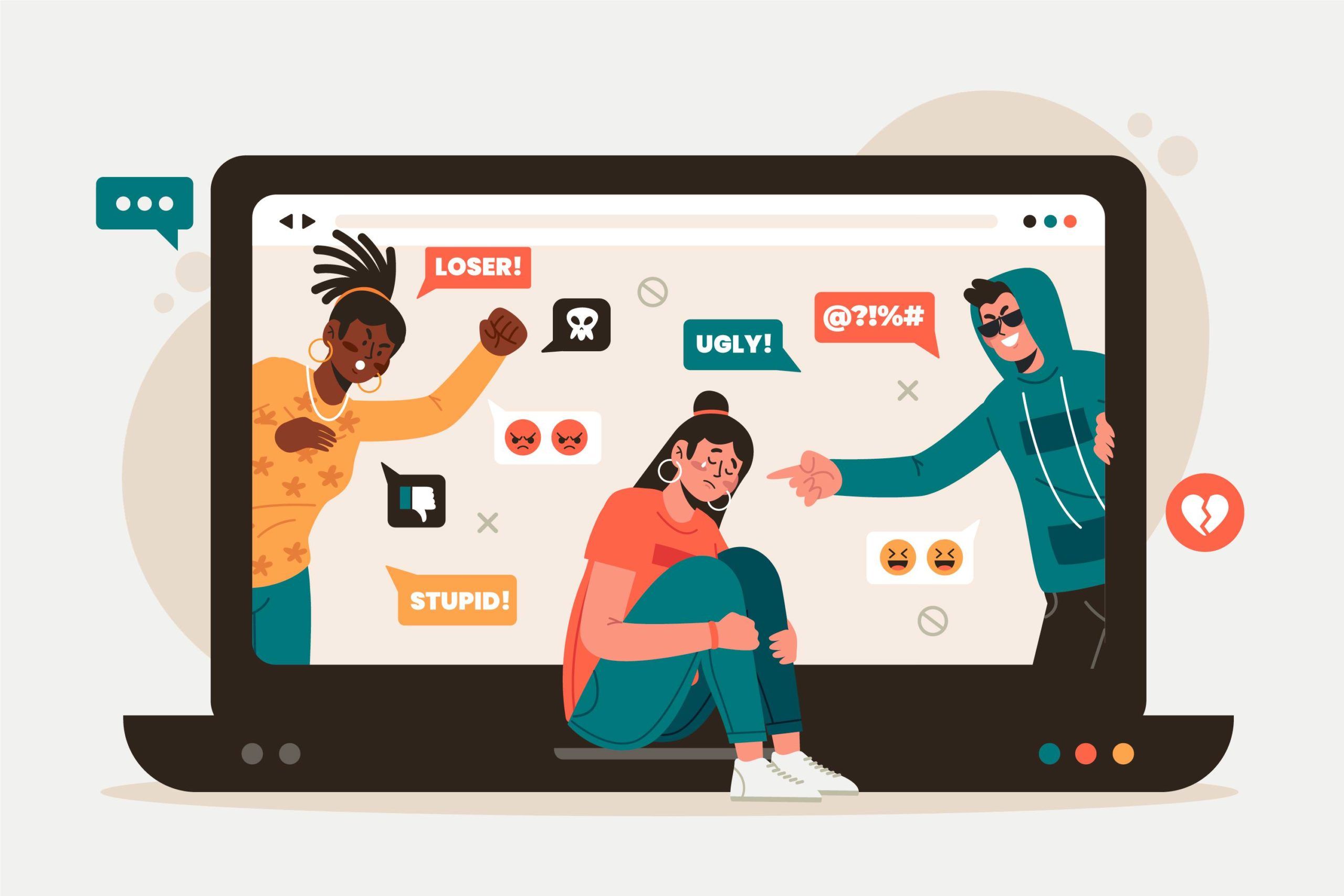
The youth nowadays hardly tell parents or teachers about bullying because they feel ashamed from being victimized and fear that they may lose their cellphone and computer privileges.
Due to the fact that bullies also tend to be clever at hiding their behavior from adults, so if a child is being bullied it may not be obvious to a parent or teacher. Many of the warning signs that cyberbullying is occurring happens around a child’s use of their device.
Here is a list of some warning signs that a child may be involved in cyberbullying:
- There is a noticeable increase or decrease in device use, including texting.
- A child is displaying emotional responses (laughter, anger, upset) to what is happening on their device.
- A child hides their screen or device when others are near as well as avoids conversations about what they are doing on their device.
- Social media accounts are shut down or new accounts are created by the child.
- A child starts to avoid social situations with family and friends and activities which they enjoyed in the past.
- A child becomes withdrawn or depressed, or loses interest in people and activities.
Other warning signs may also be:
- An unexpected drop in the child’s grades
- Refusal to attend school, specific classes or group activities.
- There are changes in the mood, behavior, sleep and may show signs of depression or anxiety.
Mood change during or after being online. - Appears to be anxious when viewing a text message, email or social media post.

In order to stop cyberbullying, it is best to prevent the problem before it starts.
It is thus important the youth together with the assistance of their parents and/or parents within the community to educate themselves on how to safely use the technology.
To stay safe, the youth should:
- Tell their friends to stop with cyberbullying.
- Refuse to forward cyberbullying messages to others.
- Block communication with the cyberbully.
- Delete messages without reading them.
- Never post or share person information about themselves or their friends online.
- They should not share their passwords or their friends’ internet passwords with anyone.
- Never put anything online that they would not want their classmates to see.
- Do not send messages out of anger.
- Always be polite online.
- Be open with their parents with regard to their online use.
- Report any cyberbullying you may have witnessed online or if you are a victim of cyberbullying.
All schools in Namibia have teachers available at the schools whom are qualified and experienced in dealing with bullying. If a student is being cyberbullied, the student can talk to his parents, the life skills teacher or psychologist at school, or any other person they trust. It is important that the student report the bullying.
Is there anywhere else where I can seek support?
Yes, Lifeline/Childline Centre. They can be found here:
lifelinechildline.org.na
stopcyberbullying.namibia.to created by final year law students in support of the community impact project